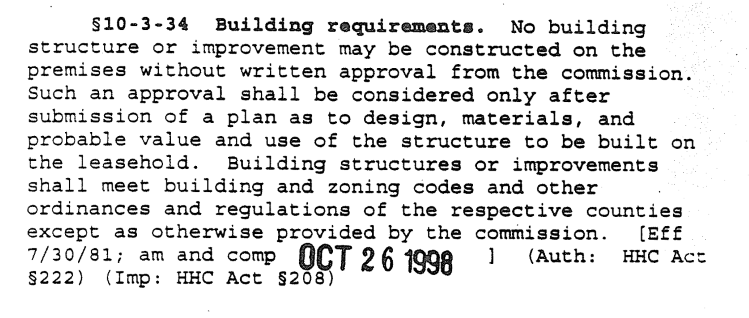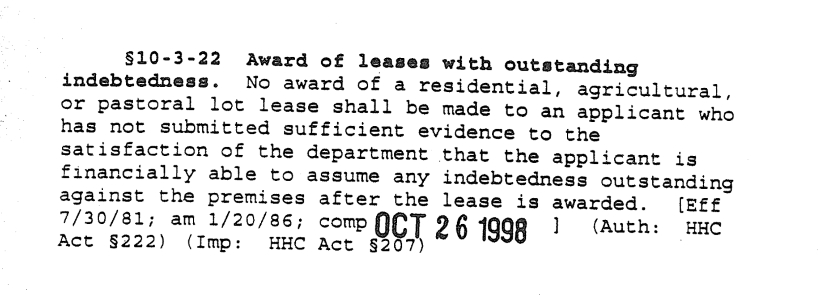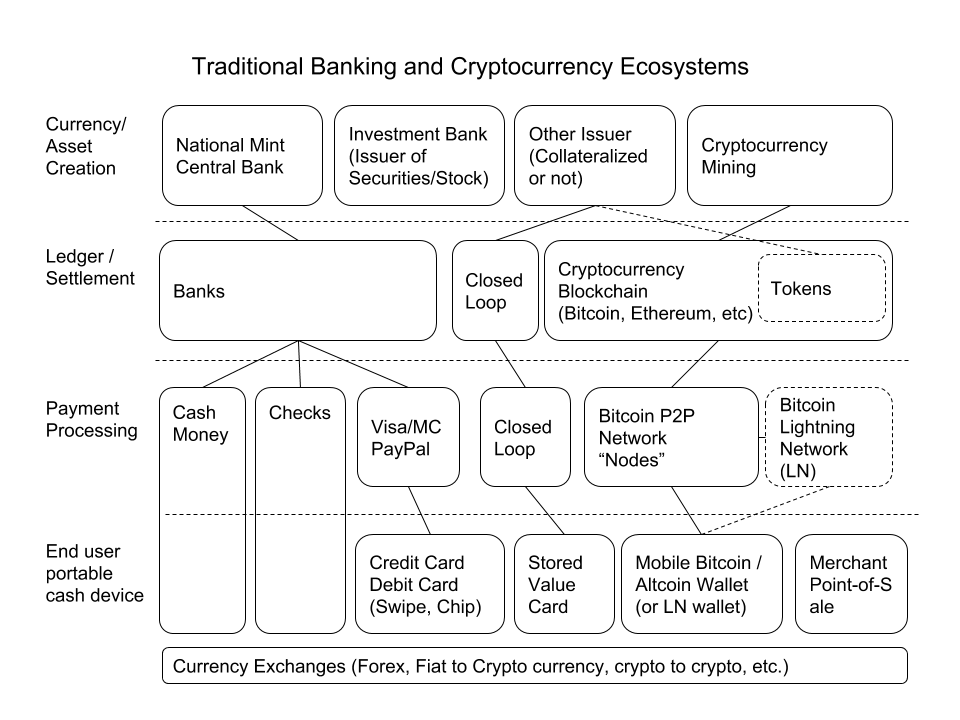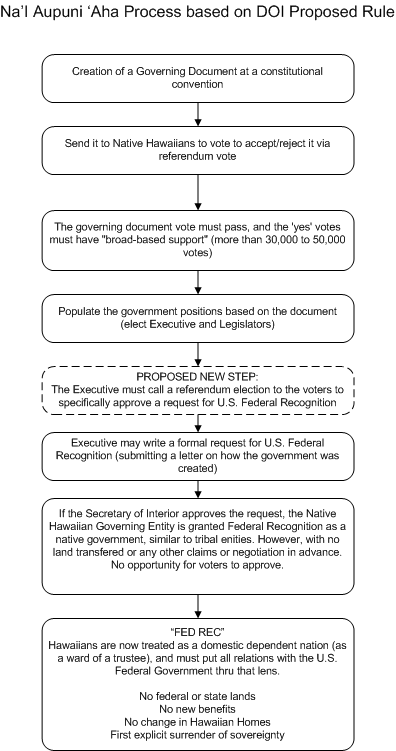by Raul Nohea Goodness, January 31, 2016
-
Background
In February 2016, the new non-profit corporation called Na’i Aupuni is convening an ‘Aha for Hawaiians for the purpose of writing a constitution or governing document for a Hawaiian government.
The participants initially were to be elected delegates, and did stand for election via a process completely run by an outside contractor (Election America) which implemented the process of candidate registration and voting for delegates, via Internet voting and mail voting. There were no in-person polling places, and no planned oversight of the voting tabulation.
During the voting in November 2015, the U.S. Supreme Court ordered a stay on the vote counting and certification of the election (Akina v. Hawaii). In December 2015, the Na’i Aupuni directors declared the election canceled, and proposed an ‘Aha consisting of the unelected candidates. Although now not vested with any electoral authority, these participants are still being asked to create a constitution for a Hawaiian government, based on the principle of self-determination. This constitution would be voted to be approved or rejected by the registered Native Hawaiian voters (possibly with the same Kana’iolowalu voter roll which the U.S. Supreme court stopped vote counting on).
This proposal is a political one, not a legal case. I hold that we Kanaka Maoli and descendants of Hawaiian Nationals should determine our own path in the political realm together.
Please not that although I am proposing this in the context of the Na’i Aupuni process in 2016, it would likely be the same proposal for any other Hawaiian nation-building process, whether state-sponsored or grassroots.
-
Rationale for a Hawaiian voter list which expands or replaces Kana’iolowalu
In 2011, the State of Hawaii passed Act 195, which created the Native Hawaiian Roll Commission (aka Kana’iolowalu).
The purpose of this Act is to recognize Native Hawaiians as the only indigenous, aboriginal, maoli population of Hawai‘i. It is also the State’s desire to support the continuing development of a reorganized Native Hawaiian governing entity and, ultimately, the federal recognition of Native Hawaiians.
It created a commission to register and certify people of Hawaiian ancestry which predates the arrival of Europeans in 1778. Furthermore, it required political and cultural affirmations, in order to sign up:
- I affirm the unrelinquished sovereignty of the Native Hawaiian people, and my intent to participate in the process of self-governance.
- I have a significant cultural, social or civic connection to the Native Hawaiian community.
After the roll was open for 2 years, it failed to attract anywhere near the goal of registering 200,000 people. Reported numbers were in the 20,000 to 40,000 range.
Reasons for the low participation rate may include the following:
- Lack of trust by Hawaiians in the State-driven nation-building process, especially after the failed effort to create a government through a joint resolution (the Akaka bill)
- Disagreement with the specific affirmation to create “governing entity”, due to disagreement with the expected outcome – U.S. Federal Recognition of that entity under the Dept. of Interior, similar to other Native tribal governments
- Disagreement with the exclusion of Hawaiian Subject descendants, since they have the clearest claim as the wronged parties to the overthrow of the Kingdom and dispossession of their nation, their land, their language and culture.
- Lack of effort in engaging the public in the substantive issues involved in nation-building.
When the State passed Act 77 in 2013, it transferred names from the OHA Registry and the DHHL list to Kana’iolowalu voter rolls. This action increased the voter roll to above 120,000 names. This is significant, because any election needs to demonstrate broad-based support from the Native Hawaiian community in order to show legitimacy. The action additionally served to reduce trust in the process, since many of those people intentionally did not sign onto Kana’iolowalu, intending not to validate the rush to Federal Recognition.
When Na’i Aupuni directors planned their elections, they specifically decided to recognize only the Kana’iolowalu list. They specifically rejected the use of any other registry or list.
The nature of the State-driven and OHA-sponsored nation-building process (having U.S. Federal Recognition as a stated goal) has set back the process of Hawaiian political organization for many years. Many other historical facts have become known to us over the past 20 years– our decisions today should be informed by them. By making a controversial outcome the goal– one which is either not generally accepted nor understood by Hawaiians– has alienated many from the process. I accept many have supported Federal Recognition for fair reasons on principle or just tactically. However, even if that turns out to be the best choice for us in the near future, it cannot be done by bypassing the majority of Hawaiians who have stayed out of Kana’iolowalu and Na’i Aupuni due to a lack of trust or understanding. They must be brought in before a referendum vote is held, and it must be an informed vote.
We should come to the conclusion soon that Hawaiians are in one wa’a – the same boat. Forward progress must come together.
-
What is the alternative to Federal Recognition right now?
A common question from the pro-”fed rec” camp is: “what is the alternative?”. The intent of the line of argument is to present the alternatives as impossible, thus leaving Federal Recognition as the road to take– immediately— while the Obama administration is still in place.
Basically, the arguments boil down to:
- There is no existing legal process for an Independent Nation-State which can compel enforcement on the U.S., either thru de-occupation or thru de-colonization.
- There is an existing U.S. legal process for granting “Inherent Sovereignty” (a legal term in the context of Federal Indian law) to Native Hawaiians based on indigenous rights. Let’s get what we can now, because we may get nothing in the future.
- Existing Native Hawaiian Federal programs need to be protected from lawsuits.
The arguments against “Fed Rec” include:
- We have a Nation or Kingdom already, which was suppressed. Hawaiians never surrendered sovereignty. There is no treaty of annexation. Requesting Federal Recognition under the U.S. Dept. of Interior (DOI) will surrender those claims, or make them very difficult to assert.
- The offer proposed for Federal Recognition includes no land transfer at all (no land base for our nation) except Kaho’olawe. We receive no new Federal benefits other than what we already have. In return, Hawaiians as a group agree explicitly to go under U.S. sovereignty for the first time ever.
Leaving aside the many arguments for and against (which there are many), there is a more problematic truth to these debates:
- If Hawaiians cannot form a cohesive unified political entity, through a representative and inclusive process, then whatever entity makes the request for “Federal Recognition” is acting without authority from the Hawaiians at large.
- Due to the polarization around this issue, Hawaiians cannot form a cohesive political entity. Those for and against Federal Recognition will continue to veto each other.
I propose that the alternative to accepting the offer on the table today from the Dept. of Interior should not be the “status quo” situation (Hawaiians divided politically in the State of Hawaii and U.S. system). The positive alternative is for Hawaiians to put aside the most divisive issue (requesting Federal Recognition) and organize around a unifying platform of governance.
Protection of sacred places is the most unifying issue in the present. Pro-independent, pro-Kingdom, pro-fedrec, and unaffiliated Hawaiians united to protect Mauna Kea from the construction of the TMT. There are other issues to hui on: getting the Hawaiians on Hawaiian lands, expanding language and cultural rights, fixing or taking control of the DHHL situation, asserting our leverage from a position independent from the State of Hawaii. If we can get more funds via OHA, let’s do it. If we have to assert leverage outside the State of Hawaii system through political action, let’s do it.
Those who are in favor of U.S. Federal Recognition may use the time to educate, discuss, and organize with the whole lahui. Pro-independent Hawaiians should do the same. Even pro-fedrec Hawaiians are insulted when they read the terms of the proposed rules for Federal Recognition from the Dept. of Interior. No transfer of land controlled by the Federal or State of Hawaii, no new benefits, just a possibility to talk directly to the Federal and State governments officially.
The battle over “Fed Rec” vs. Independent Nation-state will go on, but in the near term, that battle is holding Hawaiians in the status quo. The way forward is for Hawaiians to find a way to address the political objectives we share in the context of losing our power in the face of ruthless economic and political forces.
-
Rationale for a Trusted Electoral System
Once Hawaiians come to a political consensus to embark into Nation-building or Government-building together, elections are a likely to be the next steps, whether they be for referendum on a constitution, or for representatives. When the stakeholders decide to vest their trust into an electoral process, the perceived legitimacy of the election becomes essential. Otherwise, political groups will continue to leave the process or remain outside it. This further serves to dilute the political leverage of Kanaka Maoli, whose interests have not been well served under the State of Hawaii and U.S. Federal government.
This is where knowledge and experience of electoral practices comes into the picture. If different political parties are in an election, there must be trust it is conducted fairly. Otherwise, the cohesion of the government will break apart again. Many governments around the world have faced these issues, and Hawaiians may employ similar means, if we only seek them out and ask. However, the political will to do so comes first.
-
Maoli vs. National Electorate
To be blunt, this is another divisive issue, but an important one to establish from the outset of any electoral process. Hawaiians are an inclusive people, and most consider anyone of Native Hawaiian ancestry to be Hawaiian.
“Hawaiian” was also the term used in the 19th century to mean a Hawaiian National/Subject of the Kingdom of Hawai’i, regardless of koko (blood). The majority of Hawaiian Nationals were Kanaka Maoli, but some were not.
It stands to reason the descendants of those Nationals were the parties which deserve reclamation of their nationality. Arguably, reducing the nation to those with the koko will also undermine the case for a Hawaiian political and cultural identity.
However, for those desiring to pursue Hawaiian indigenous path to Federal Recognition, the U.S. Federal rules currently require only Native ancestry, and excluding those with only non-native ancestry.
Ironically, it is the indigenous ancestry requirement combined with State-action that compelled the U.S. Supreme court to stay the Na’i Aupuni election. If either the voter roll were expanded to include Hawaiian National descendants, or if the election were not controlled by the State of Hawaii, it would likely not be blocked in the courts.
It has to be up to Hawaiians to decide the bounds of our nation, and ultimately, our electorate. I see the options this way:
- If the electorate is to be Kanaka Maoli only, it should be as inclusive as possible within those parameters.
- If the electorate is to be Kanaka Maoli and descendants of Hawaiian Nation Subjects, it would allow for voter registration based on Kingdom records or the 1897 Ku’e Petition.
The implementation of the Kana’iolowalu roll specifically leaves out non-native Hawaiian Nationals, but also fails on the first goal of registering Kanaka Maoli in any significant numbers. Participation and inclusion in nation-building will only come about through a trusted process which is understood by Hawaiians at-large and brings in the different political groups.
Fair and transparent elections are a part of building that trust.
-
Specific Electoral Proposals
Since a new referendum vote on a constitution is a likely outcome for the Na’i Aupuni ‘Aha, this is the opportunity for correcting the electoral problems. Here are my proposals:
- Internet voting should be abandoned. There is no way for it to be audited by the public, and is still not trusted in U.S. or International elections.
- Voting/polling should be done via paper ballot (preferably computer scannable) in-person at polling places in Hawai’i
- Voting by mail should also be available for voters outside Hawai’i or those requesting absentee ballots. Vote by mail should be sent in 2 envelopes, so that the knowledge of the ballot results cannot be connected with the sender.
- There must be a dispute resolution process for any irregularities in the system of running, registering, voting, and tabulation/certification.
- A board or committee from a range of political backgrounds should be managing any election.
- 3rd party contractors should not be given control over the voting mechanisms.
- Registration for voting should be done using trusted registries on who is Hawaiian. These could include the OHA Registry or the DHHL list (if available), and could include others if they conform to the criteria agreed upon.
- Provisional ballots cast for voting day irregularities or registration omissions should be considered in the process as well. Determination for inclusion or rejection of those ballots should be done by a mixed political panel.
- We should request Electoral Assistance from well-established NGOs (such as International IDEA or the Carter Center). They will have the best-practices available internationally for demonstrating a fair vote to all parties involved. They recommend, but we implement for ourselves.
-
My analysis for requirements for Hawaiian cohesion in the near-term:
Reflecting on the current state of Hawaiian politics, I believe Kanaka Maoli and those with Hawaiian National identity will not be able to assert significant political power unless the most divisive issues are put to the side. Those issues are the rush to request Federal Recognition in 2016, and possibly settle claims on the “ceded” land trust. If we can limit the capability of any Hawaiian government or organization to put those aside (or otherwise take a referendum with full participation of lahui to achieve), and we still have political cohesion, then we can address the near terms issues while having the time to work on our long-term objectives.
Raul Nohea Goodness is a Kanaka Maoli Software Architect and Developer raised in Wailuku, HI, and currently residing in Brooklyn, NY. As a former delegate candidate, he is a participant in the Na‘i Aupuni ‘Aha. http://www.hekili.net
Printable 3 page PDF



